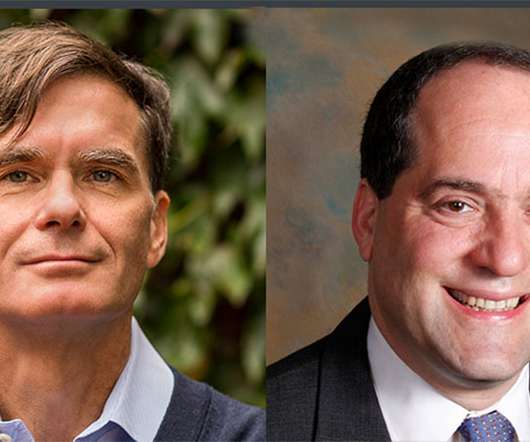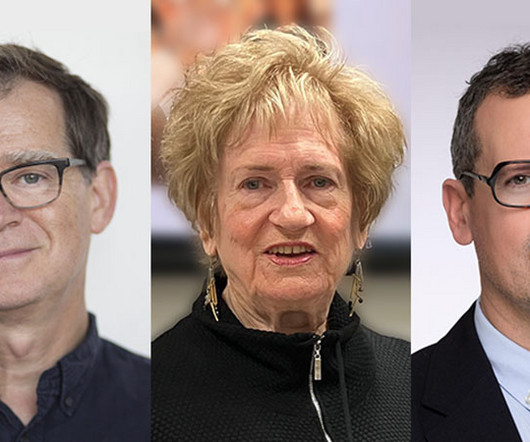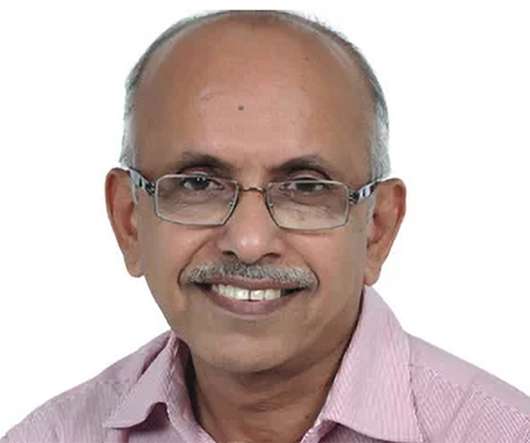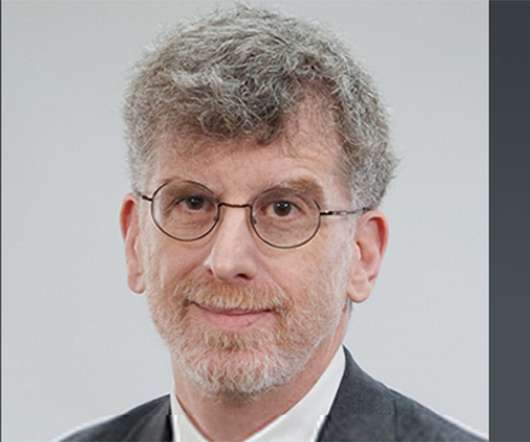Avoiding the Uncanny Valley in Serious Illness Communication: Josh Briscoe
GeriPal
SEPTEMBER 22, 2022
And in response, the family or patient looked at you like you were from another planet? Coming off as rote and scripted during a serious illness conversation can have a similar off-putting impact on patients and families. Links: – Uncanny Valley post on Josh’s fantastic substack Notes from a Family Meeting.


















Let's personalize your content